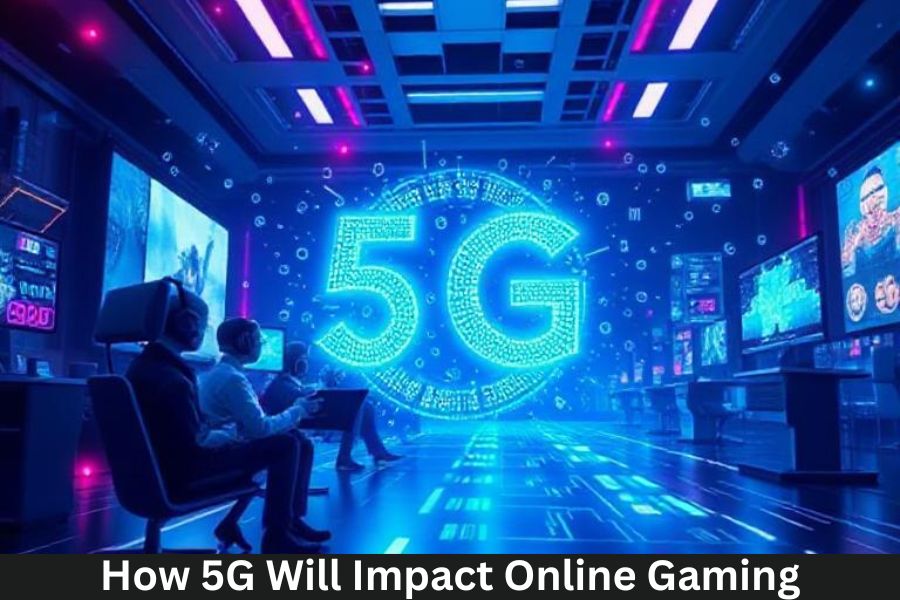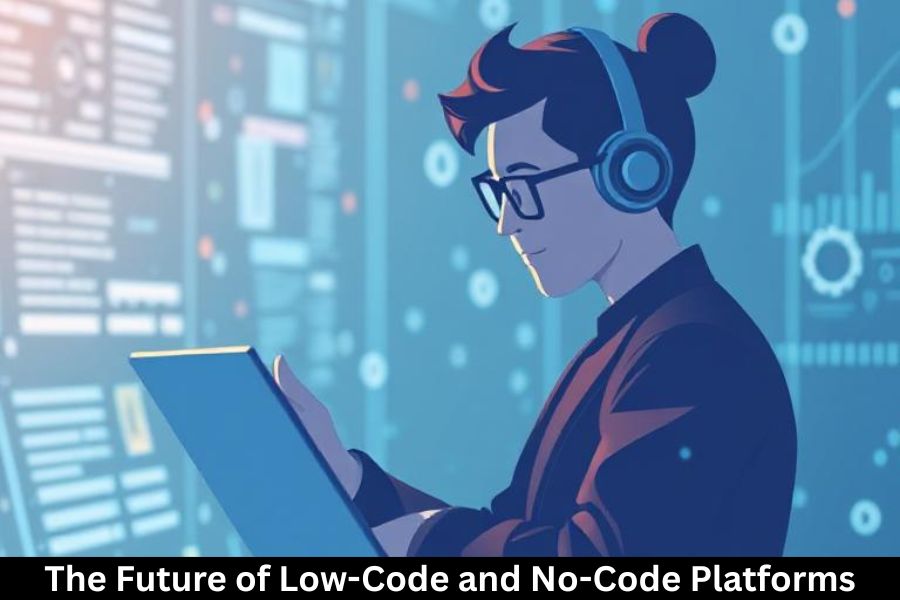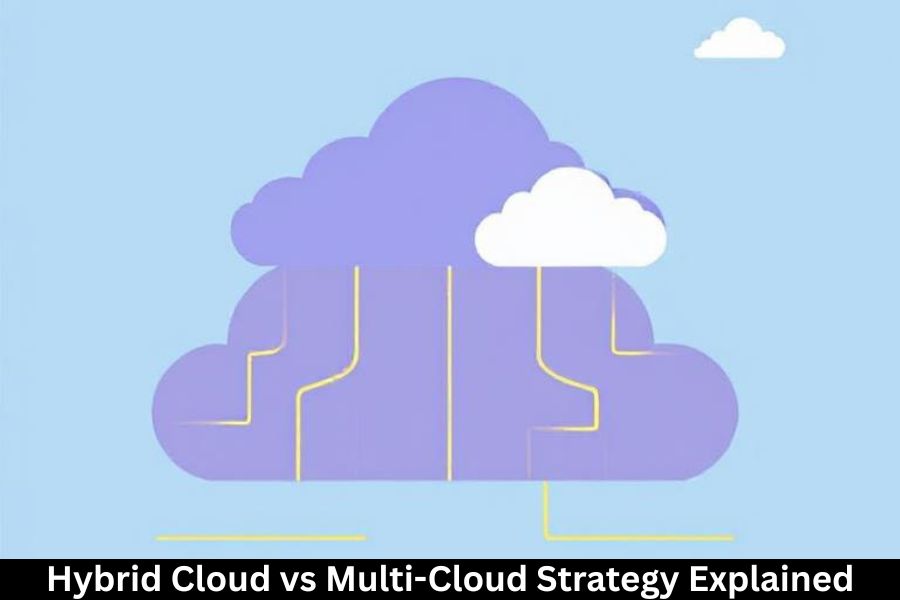5G is the fifth generation of mobile networks. It’s the next step up from 4G, offering ultra-fast internet speeds, minimal latency, and massive connectivity. While 4G provided solid speeds for browsing and streaming, 5G takes things to a whole new level, offering speeds up to 100 times faster than 4G.
Why 5G is Important for Online Gaming
For online gaming, speed and latency are everything. Gamers want smooth, responsive, and lag-free experiences, which can be tough with current networks. 5G promises to fix many of these issues, allowing for near-instantaneous communication between your device and the game server. For competitive multiplayer games, this could mean game-changing improvements.
The Promise of Ultra-Fast Internet Speeds
Comparing 4G vs. 5G Speeds
One of the most significant improvements with 5G is the incredible speed boost. With 4G, you might experience download speeds of around 20-100 Mbps, which can be enough for basic gaming. But 5G offers download speeds of up to 10 Gbps (10,000 Mbps), allowing for smoother, more reliable gameplay.
Faster Download and Upload Times
With these lightning-fast speeds, game downloads and updates will become a breeze. A game that used to take hours to download could be ready in minutes. On top of that, uploads (critical for multiplayer games where you send actions to servers) will be faster, ensuring that your commands reach the server without delay.
The Impact on Game Performance
The ultra-fast speeds provided by 5G will lead to improved game performance. With more bandwidth, games that require significant data, like open-world games, can load in higher-quality textures and more dynamic elements with far less lag or buffering.
Low Latency and Its Importance for Gaming
What is Latency?
Latency refers to the delay between when you make an input (like pressing a button) and when it appears on-screen. In online gaming, low latency is crucial to avoid input lag, which can affect gameplay. A delay of just a few milliseconds can throw off competitive players, especially in fast-paced games.
How 5G Reduces Latency
5G networks significantly reduce latency by enabling faster data transmission. While 4G networks may have a latency of 30-50 milliseconds, 5G’s latency can be as low as 1 millisecond. This drastic reduction in latency means players will experience near real-time gameplay, making for a more fluid and enjoyable experience.
Why Low Latency is Crucial for Online Gaming
Low latency improves everything from reaction times to the accuracy of multiplayer interactions. Whether you’re in a battle royale game or a first-person shooter, having low latency ensures your actions are registered instantly, making online matches more fair and enjoyable.
Improved Connectivity for Multiplayer Gaming
Stable Connections for Online Matches
One of the challenges for multiplayer games is ensuring a stable connection. 5G offers a more reliable network, meaning you won’t have to worry as much about lag spikes or sudden disconnects. For players in remote or urban areas, the 5G connection provides a much-needed alternative to Wi-Fi and wired connections.
Avoiding Lag and Disconnects
With a more stable connection, 5G eliminates the frustrating problem of lag and disconnections that can ruin competitive gaming. Whether you’re playing PvP or participating in co-op modes, 5G will keep your connection consistent throughout your session.
The Future of Large-Scale Multiplayer Games
Games with hundreds or even thousands of players could also benefit from 5G’s improved bandwidth and stability. Massive multiplayer environments will become more immersive and responsive as 5G networks can support vast numbers of players without compromising performance.
Cloud Gaming and 5G: A Perfect Match
What is Cloud Gaming?
Cloud gaming allows you to stream games directly from the cloud to your device, meaning you don’t need a powerful console or PC to play high-quality games. The game is processed in the cloud and streamed to your screen.
How 5G Will Enhance Cloud Gaming Services
The speed and latency improvements of 5G will make cloud gaming more viable and enjoyable. Games that require fast processing power will be rendered remotely, and 5G ensures that the stream to your device remains smooth and high-quality. Services like Google Stadia, Xbox Cloud Gaming, and NVIDIA GeForce NOW will see vast improvements with 5G’s power.
Mobile Cloud Gaming on the Go
With 5G, mobile cloud gaming will become the new norm. Imagine playing graphically demanding games while traveling, without the need for a console. Thanks to 5G’s high speed and low latency, smartphones and tablets will become powerful gaming devices, able to handle console-quality games on the go.
The Impact of 5G on Mobile Gaming
Mobile Gaming’s Growth
Mobile gaming is already a huge industry, but 5G will accelerate its growth. Games on mobile devices will feature better graphics, faster load times, and more immersive experiences that were once only available on consoles.
Better Graphics and Gameplay for Mobile Gamers
With 5G’s speed, developers can push the limits of mobile gaming by delivering console-quality graphics to mobile devices. Expect richer textures, more detailed environments, and smoother animations that enhance the gaming experience on the go.
5G and Mobile Esports
As mobile gaming continues to grow, esports will follow. 5G’s low latency and high-speed internet will improve the competitive mobile gaming scene, allowing for smoother, more reliable gameplay in tournaments.
5G’s Role in Augmented Reality (AR) and Virtual Reality (VR) Gaming
The Need for Speed in AR and VR
Both AR and VR games are incredibly demanding in terms of graphics processing and data transmission. 5G’s ultra-low latency and high speeds will ensure that these immersive technologies work flawlessly, providing smoother and more responsive experiences.
5G and the Future of Immersive Gaming Experiences
With the arrival of 5G, AR and VR games will become far more interactive and realistic. Gamers will be able to play in fully immersive virtual worlds without worrying about lag or delays.
Potential for New Game Genres
The combination of 5G and VR/AR could give rise to entirely new gaming genres that we’ve yet to imagine. The speed and reliability of 5G will support games that offer real-time interactions in fully immersive environments.
The Rise of 5G-Enabled Game Consoles and Devices
PlayStation and Xbox Moving Toward 5G
As 5G becomes more widespread, both PlayStation and Xbox are likely to adopt 5G technology in their future consoles. This will allow instant streaming and multiplayer connections, making gaming even more accessible.
Gaming Laptops and Mobile Devices with 5G
Not just consoles, but gaming laptops, tablets, and smartphones will increasingly come with built-in 5G support. This opens up new possibilities for gamers who want to enjoy high-performance gaming without being tied to a traditional setup.
Impact on the Console Gaming Industry
5G might just be the next big shift for console gaming. With more devices able to tap into 5G networks, cloud gaming and instant streaming could challenge traditional gaming consoles, making the gaming landscape more diverse.
Conclusion: Is 5G the Future of Online Gaming?
5G’s capabilities offer a transformative shift for online gaming, with faster speeds, lower latency, and better overall performance. It promises to make cloud gaming mainstream, enhance mobile and console gaming, and bring immersive AR/VR experiences to life. However, there are still challenges, like network availability and data privacy concerns. As 5G networks expand and mature, the future of online gaming looks bright.
FAQs
1. How will 5G improve online gaming?
5G provides faster speeds and lower latency, improving game performance, reducing lag, and enabling smoother multiplayer experiences.
2. What does low latency mean for gamers?
Low latency ensures that there is minimal delay between your actions and what you see on the screen, leading to more responsive gameplay.
3. Can 5G make mobile gaming as powerful as PC gaming?
Yes, with the high-speed capabilities of 5G, mobile devices can deliver console-quality games with smooth graphics and responsive controls.
4. How will 5G impact the growth of esports?
5G’s low latency and stable connection will make competitive mobile gaming and esports smoother, leading to more reliable tournament experiences.
5. Will 5G change the way we play VR games?
Absolutely. 5G will enhance VR experiences by providing fast, low-latency connections, allowing for more immersive and interactive VR gameplay.



